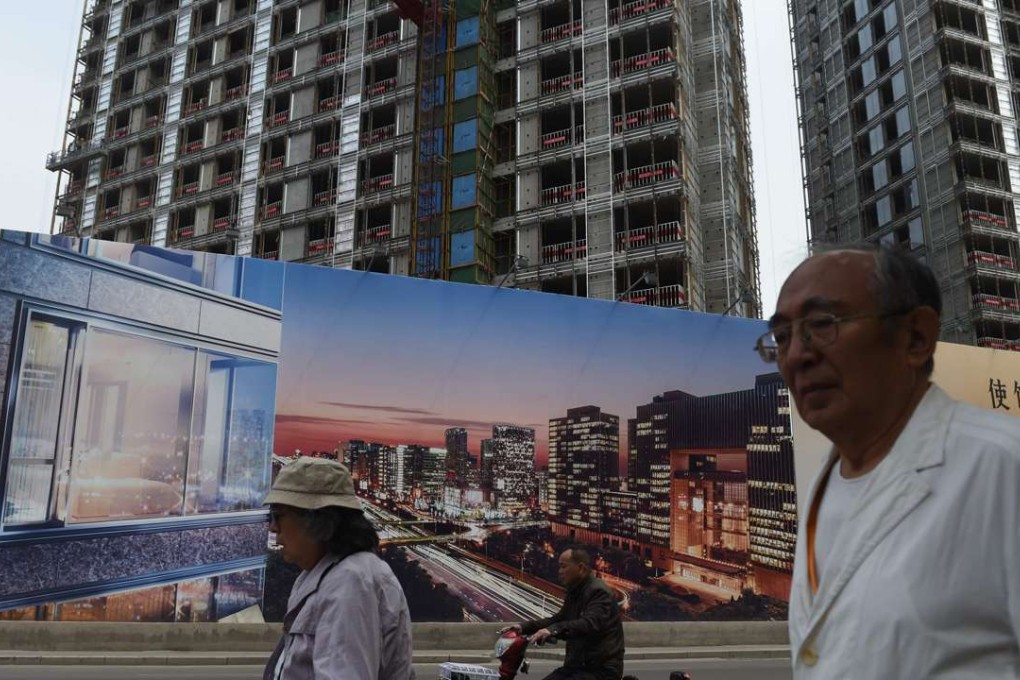Land kings, developers rake in the moolah as property market continues to sizzle in China
Companies post 80pc growth in home sales on the mainland during the first five months of 2016

China’s property market continued to sizzle during the first five months of the year, generating “land kings” at the fastest pace since 2009 and companies posting an 80 per cent jump in home sales on the mainland during the first five months of the year.
The record growth has left industry watchers perplexed and most developers sitting on piles of cash, said industry sources.
According to data provided by Centaline Property, during the first five months of the year, the combined sales of 21 listed real estate companies stood at 684.8 billion yuan (HK$809.3 billion), up 83.8 per cent over same period in 2015. During the same period they issued US$69.32 billion of debt and equity, up from $25.8 billion a year ago, according to data provided by Dealogic.
Adequate land reserves can relieve developers’ anxiety
Brokerage firm Mizuho Securities said in a recent report that in top cities like Beijing, Shanghai, Guangzhou and Shenzhen, land parcels were being sold at prices that was 140 per cent higher than the government’s reserve price in May. It likened the situation to the heydays of the property market in late 2009.
Mizuho said in the 30 tier-2 cities, land parcels were sold at a 128 per cent premium in April and at 86 per cent in May, significantly higher than the 50 per cent premium seen in the second half of 2009.
“The eagerness and frenzy among developers to acquire land parcels has raised doubts on whether it is the final frenzy of an already stretched bull market,” ifeng.com, a news portal, said in a recent analysis.
Such questions have risen after the bidding frenzy in top cities made many developers land kings at a time when prices continued to languish in third and fourth-tier cities, due to sluggish sales and oversupply.